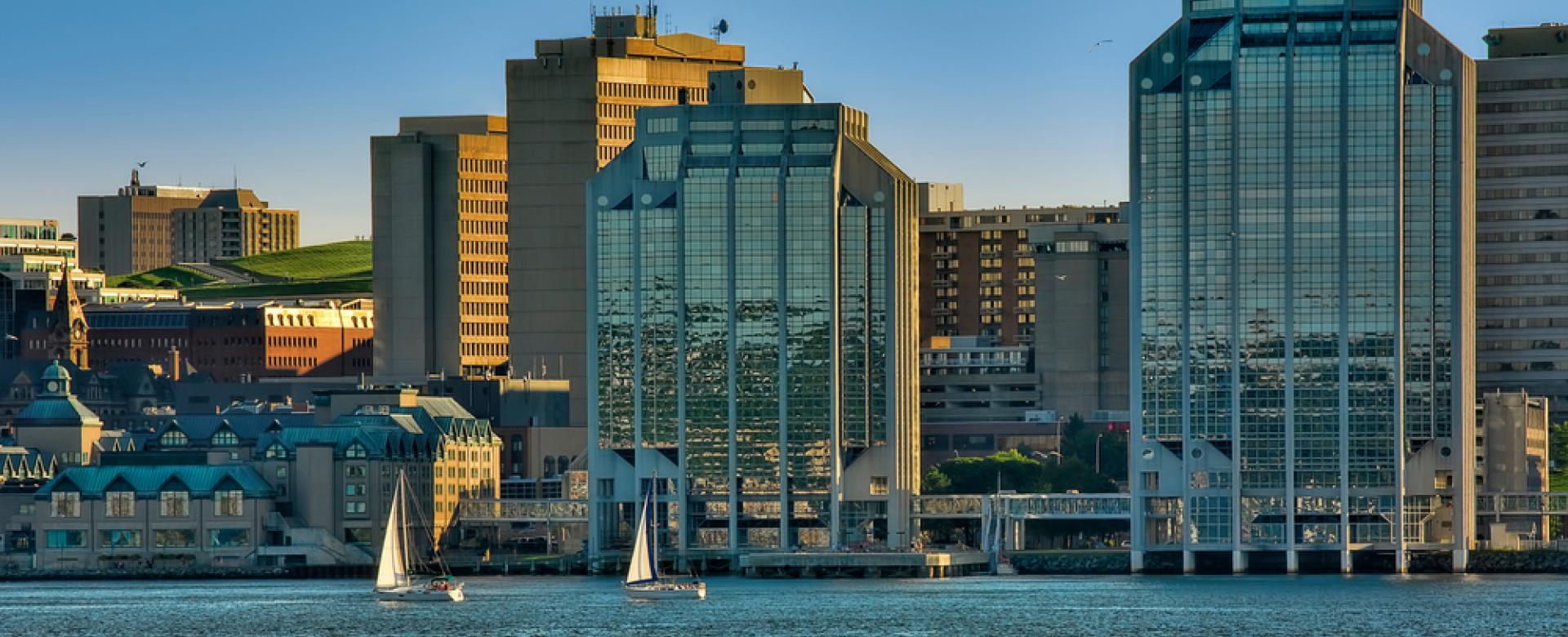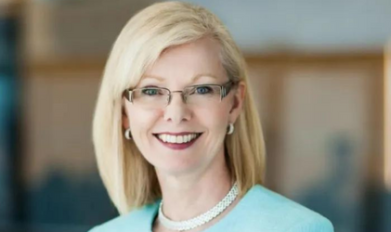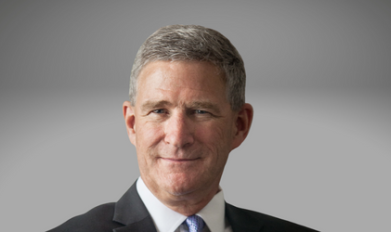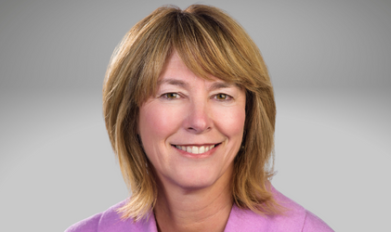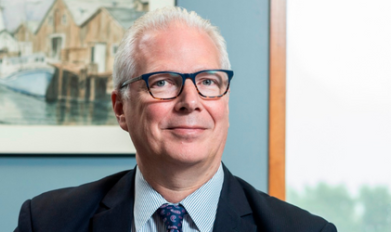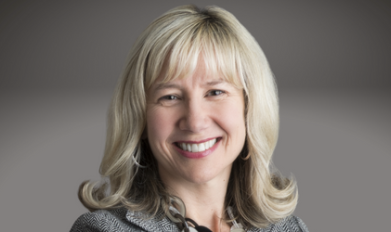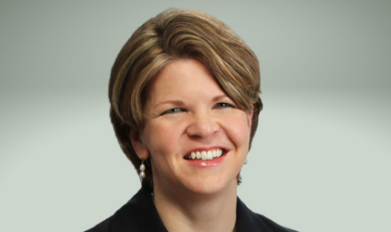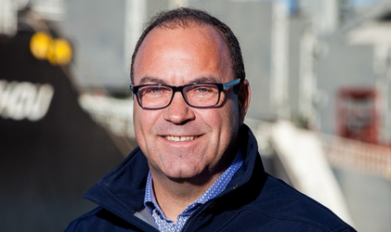Andrea Forbes-Hurley interviews Carrie Cussons, the President and CEO of Events East, to gain insights on how high-impact Atlantic Canadian organizations are optimizing the potential of people to contribute to the region’s growth and prosperity, and to discuss how strengthening our workforce can enhance our economic outlook. Events East manages the new Halifax Convention Centre, Scotiabank Centre, and Ticket Atlantic, with a focus on connecting Nova Scotia to the world by creating memorable event experiences.
Cussons shares her vision for the new convention centre as an economic engine and reveals how it has inspired her team to perform at a higher level. She also shares her view on the role of small business investment in the future growth of our economy.
Q: A lot has changed since you joined the forerunner to Events East in 2009. What would you say have been the biggest changes for the organization or the region as a result of the new convention centre?
A: There has been a major change in how the community perceives us. I think they always understood our involvement in sports and entertainment through Scotiabank Centre, like the Halifax Mooseheads and iconic performers like Bryan Adams. But with our new convention centre, there is a growing awareness that the conferences and conventions we attract to Halifax are a catalyst for our region’s economic growth.
Last year, we hosted more than 160 events, and over 40 were national or international. There were several we could not have pursued before, such as NATO Parliament, the Federation of Canadian Municipalities conference, or Rendez-vous Canada. But now we can and, combined, they brought 30,000 visitors to Nova Scotia who otherwise might never have come here. That means business for our hotels, restaurants, and stores, but more important, these events are creating opportunities to make connections and start conversations that will spur new economic development and growth, and that’s our goal.
The conversations, policies, and decisions arising from these events put Halifax in the national and international spotlight, and that attention has created an increased sense of confidence in our community. I think we’ve always known we have certain strengths, such as our geographic location, which includes our proximity to the ocean. But there is a growing sense that we can compete with cities such as Toronto and Vancouver [M2] for major events and conventions. For example, Halifax recently became the first North American city to host the 2018 Airport Council International Customer Excellence Global Summit because Halifax Stanfield International Airport CEO Joyce Carter believed we had everything necessary to make it happen. I see a growing confidence that we can welcome the world with cosmopolitan flair, but in a way that is authentic to who we are.
Q: Do you have a sense as to the impact the new facility is having on businesses here or the community at large?
A: We’ve had incredible feedback from our neighbours and local businesses, who tell me what a difference the new centre has made for them. That’s a major change from a couple of years ago when the site was under construction and posing challenges for local businesses.
We’re hosting a lot of multiday national and international events in our new facility that are attracting people from around the world to Halifax. They’re staying in our hotels, eating in our restaurants and bars, shopping downtown, and travelling around the province. In our first year alone, those visitors generated an estimated $50 million in new money for Nova Scotia. The possibilities for the future are limitless.
Q: What has been the impact on your team since the new facility opened?
A: For one thing, we hired over 200 people in the first year of operating the convention centre for a variety of roles, including those in culinary and hospitality, and we are looking to hire even more.
I’ve enjoyed building a strong, engaged group of leaders who are incredibly passionate about what they do. Watching our team grow together as we prepared to open our centre was amazing to see. Now that we’re open and hosting events, it’s rewarding to watch them exceed our customers’ expectations every day.
Our organization has seen a transformation similar to what we’ve seen in the community as our team realizes we can compete at an international level and surpass expectations in delivering outstanding experiences. It’s a sharp contrast to a legacy of thinking we’re not good enough as a region. But we are. We need to be better at telling people just how good we are. I think that’s been hard for us as humble Nova Scotians, but it’s changing. It has been incredible to see our team not only convey that but also draw inspiration from the amazingly positive reviews we have received.
Q: Were there initiatives or strategies that you employed to motivate and inspire the team to take their game to the next level?
A: We put our internal team at the centre of our business and strategic planning and, as a result, co-created a shared vision for our organization. We wanted to ensure everyone saw this as an opportunity to set a standard of excellence that was higher than what we previously had in place. Now, we’re all working toward the same defined goal – creating memorable event experiences for our guests.
We took the same approach with our customers. We spent significant time listening and talking to them and understanding their needs. They helped us identify things we could do differently that would set us apart. It led to the complete redesign of our service model and many of our internal processes. But most importantly, the insights we heard from our customers gave us permission to fully partner with them in creating their events and memorable experiences for their guests.
Q: How much of a transition was it for you and your team to adjust to that feedback?
A: I think our team had a hard time initially, truly putting the customer at the centre of our decision-making. Our instinct can be to think about our operational considerations first. It was a mindset shift and helped us to really elevate our understanding of service excellence. But our team rallied to the challenge and worked together to design new ways to serve our customers. There were some transitions in our team and structure as a result, but through ongoing conversation, they have genuinely embraced the feedback and have become true champions of a customer-first mentality.
Q: How does it feel to lead a significant organizational transition like that?
A: It’s been interesting! We have now reached a point where it feels like we have always operated at this level. It truly feels like a cohesive team. There have been fewer conflicts and grey areas and more rave reviews from our customers, who tell us our new approach has been a real differentiator. As a result, our team is taking the initiative and looking for opportunities to make more changes that deliver exceptional experiences for our guests.
Q: Given that organizational change, and the expanded capacity of the new Halifax Convention Centre, what businesses and organizations are you targeting and how will that impact our region?
A: Our goal is to fill the Centre not just with national and international conferences and events but also events that are aligned with Nova Scotia’s competitive advantage sectors. We have been having extensive conversations with our government shareholders and with business partners such as the Halifax Chamber of Commerce and the Halifax Partnership, as well as leaders in these sectors on how we can attract such conventions.
We want to work with our partners to develop programs that transform these events into opportunities to forge connections between the participants of these international and national events and our academic and business community. At the old centre, we attracted several strategically aligned events, but no one knew they were here. We are working to change that by developing a database of contacts and supporting strategies to ensure our region’s best and brightest can connect with delegates. We’ll be meeting with our universities and a variety of organizations such as Nova Scotia Business Inc., Innovacorp, Develop Nova Scotia, and Volta to make this happen.
Q: Beyond your own collaborations and activities, what do you think we should be doing as a region to attract new visitors, businesses, and talent?
A: I think we need to tell more people about the business that is going on here and have a few examples ready that demonstrate how dynamic our region is. That’s something each of us can do.
I also think the private sector needs to take the lead here. The days when we looked to government for direction or subsidized programs are over. I think business leaders realize we achieve more success when they have the vision and they guide government on where and how it can help. At Events East, I am noticing that business representatives want us to bring events here and then allow them to create the programs and activities that lead to connections. I think that’s a reasonable and sustainable approach.
Finally, I think we should address the tax rate here – both corporate and personal – because it makes it hard for us to attract and keep great people. That said, the people who do stay do so regardless because they love living, working, and raising their families here, but it is still something we need to look at.
Q: Looking ahead, and taking all sectors into consideration, what do you predict will be the defining changes in Atlantic Canada’s workforce or economic landscape over the next five to 10 years?
A: I think we are going to see more small businesses and entrepreneurs, and that’s a good thing. Too often, we tend to focus on bringing large businesses or mega projects here as fundamental to our growth. But I think the real impact will come from increased small business activity.
Also, we should focus on engaging more people to participate in our region’s economic growth, from our Indigenous population, to our young people, to the international and national students who come to our universities. We are losing youth to other locales, even though the vast majority want to live here. We need to create the kind of jobs and vibrancy in our community that would make it easy for people to stay and contribute to our growth. And we need to draw more people to live and work not just in Halifax but also across the province.
About Atlantic Leader Insights
Atlantic Canada’s economy is fueled by a diverse array of private and public sector entities that employ thousands of people and contribute to our region’s growth and prosperity. But how are these organizations optimizing the potential of their people, and what insights have they gained about the future of our economy from their innovative initiatives?
KBRS recognizes the critical importance of attracting, developing and retaining inspiring leaders and top talent within Atlantic Canada. We sat down with leaders at several high-impact Atlantic Canadian organizations to talk about our region’s opportunities and challenges. This article is one in a series that aims to collect these leaders’ insights on how we can enhance our economic outlook by strengthening our workforce.
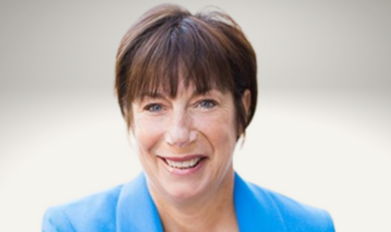
President & CEO, Events East, 2017 - Present


